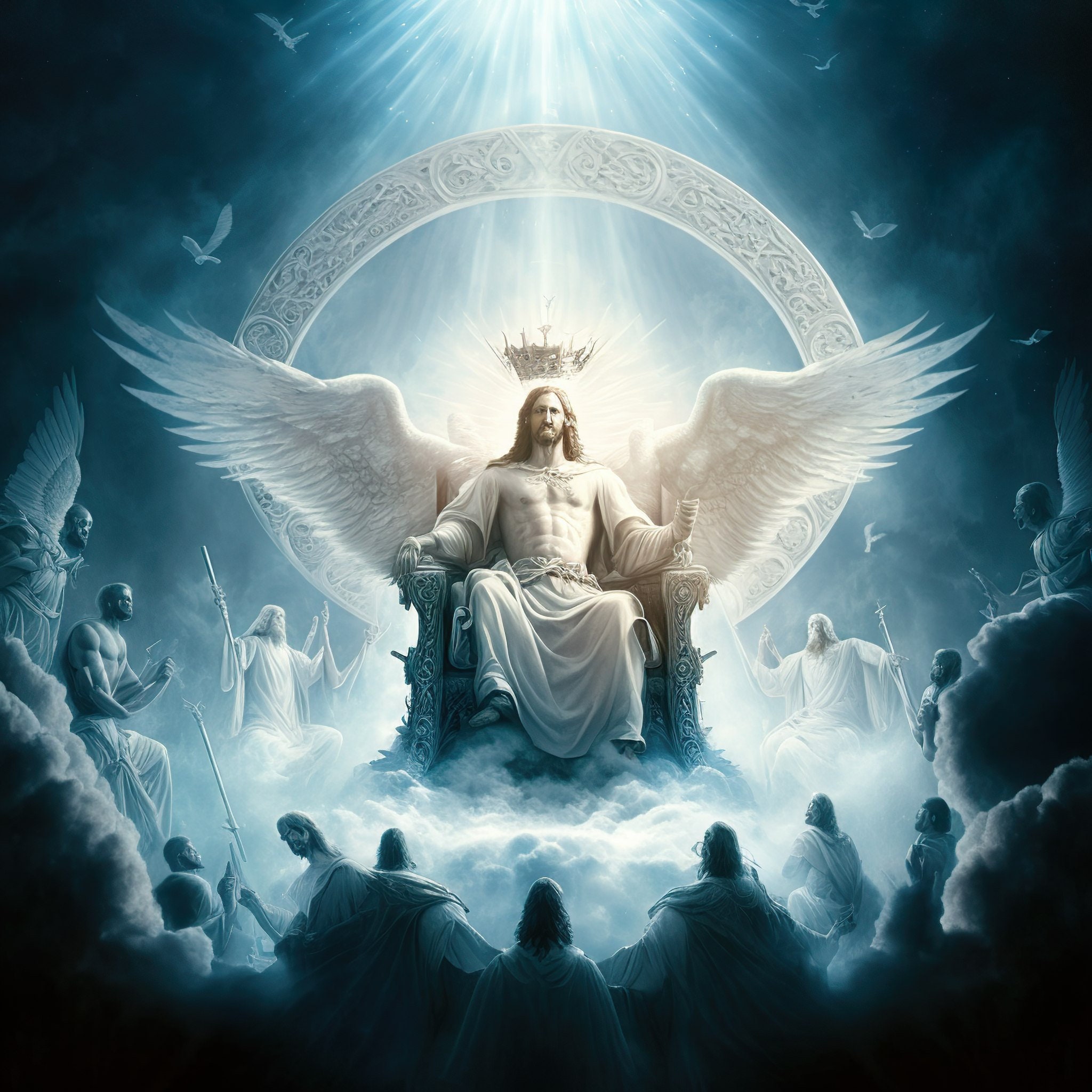What if God was one? This seemingly simple question is laden with complexity and profound implications. At its core, the inquiry invites us to explore the nature of divinity, the concept of unity, and the ramifications of believing in a singular, all-encompassing God. Within the framework of Bahá’í teachings, this question takes on a transformative significance, encouraging individuals to reconsider the myriad religious narratives that have shaped human understanding of the divine.
To begin, we must first contemplate the theological assertion that God is a unified entity. The Bahá’í Faith posits that God is transcendent, ineffable, and beyond human comprehension. This understanding negates the divisive boundaries established by differing faiths and doctrines. In a world often characterized by sectarian conflict and theological rivalry, embracing the notion of a singular God prompts a reevaluation of humanity’s interconnectedness. A question arises: what changes when we understand all religious paths as integral expressions of the same divine reality?
Historically, humanity has struggled with pluralistic interpretations of God. The differentiation among religions often leads to the construction of ideological barriers, which foster misunderstanding and division. However, if we accept the premise that God is one, as espoused in Bahá’í teachings, the implications become radical. Such acceptance invites a spirit of collaboration among various faith traditions and a focus on shared values rather than contested doctrines. Imagine a world where the essence of spirituality transcends individual religious identities. The pursuit of unity emerges not merely as an aspirational goal but as a foundational principle of human interaction and cooperation.
Moreover, the Bahá’í perspective emphasizes that God communicates with humanity through a series of Manifestations—avatars, prophets, or enlightened beings who elucidate divine will and purpose. This perspective does not dismiss the legitimacy of prior religious figures such as Moses, Jesus, Muhammad, and others, but instead views them as integral components of an overarching divine narrative. Each Manifestation brings forth a facet of God’s attributes, contributing to a more comprehensive understanding of the divine. This leads us to ponder: if God is one and manifestations are diverse, could it be that the beauty of religious pluralism lies in its capacity to present an expansive portrait of the divine?
As we delve deeper into the implications of a singular God, it becomes essential to recognize the ethical dimensions of this belief. A unified conception of divinity fosters an ethical framework grounded in empathy, justice, and service to humanity. The teachings of Bahá’u’lláh, the founder of the Bahá’í Faith, stress the importance of attributing divine qualities to oneself and striving towards moral excellence. When we see God as one, the call to embody divine attributes—such as love, compassion, and forgiveness—transcends religious boundaries, urging all humanity to cultivate virtues that align with the greater good.
Nonetheless, the challenge remains: how do individuals and communities reconcile this collective understanding of God with their unique traditions and practices? It is vital to acknowledge that the exploration of a unified God does not eliminate the richness of diverse religious expressions. On the contrary, it offers an opportunity for deeper engagement with the spiritual tenets that underpin our beliefs. One must ask: can the tapestry of human spirituality become more vibrant when interwoven with threads of common divine understanding?
For the Bahá’í community, the practice of inclusivity is not merely an ideological stance but a lived experience. Acts of service, advocacy for social justice, and the promotion of gender equality emerge from the recognition of a singular divine source. Engaging in discourses that invite interfaith dialogue can serve as a conduit for collaborative efforts aimed at fostering peace and understanding. This potential for synthesis and shared action urges adherents of different faiths to challenge prejudices and cultivate relationships based on mutual respect.
The personal implications of the question, “What if God was one?” extend into the realms of individual spirituality as well. The assumption that divinity exists singularly encourages introspection into one’s own beliefs and their impact on one’s actions. Spiritual growth becomes not just an individual pursuit but a communal endeavor, as individuals recognize their contributions to the grand narrative of humanity’s divine journey. The fusion of unique spiritual paths culminates in a broader understanding of love and unity, which acts as a catalyst for profound relational change.
In conclusion, the exploration of God as a singular entity raises critical questions about the essence of spirituality, ethics, and humanity’s interconnectedness. It challenges individuals to embrace the multiplicity of religious expressions while grounding themselves in the recognition of a shared divine foundation. As adherents of the Bahá’í teachings continue to advocate for unity amidst diversity, they embody the belief that the quest for understanding God must transcend the limitations of sectarianism. Ultimately, the question of God’s oneness invites a transformative journey that shapes both personal spirituality and collective human interaction—revealing the inherent interconnected fabric of existence.
